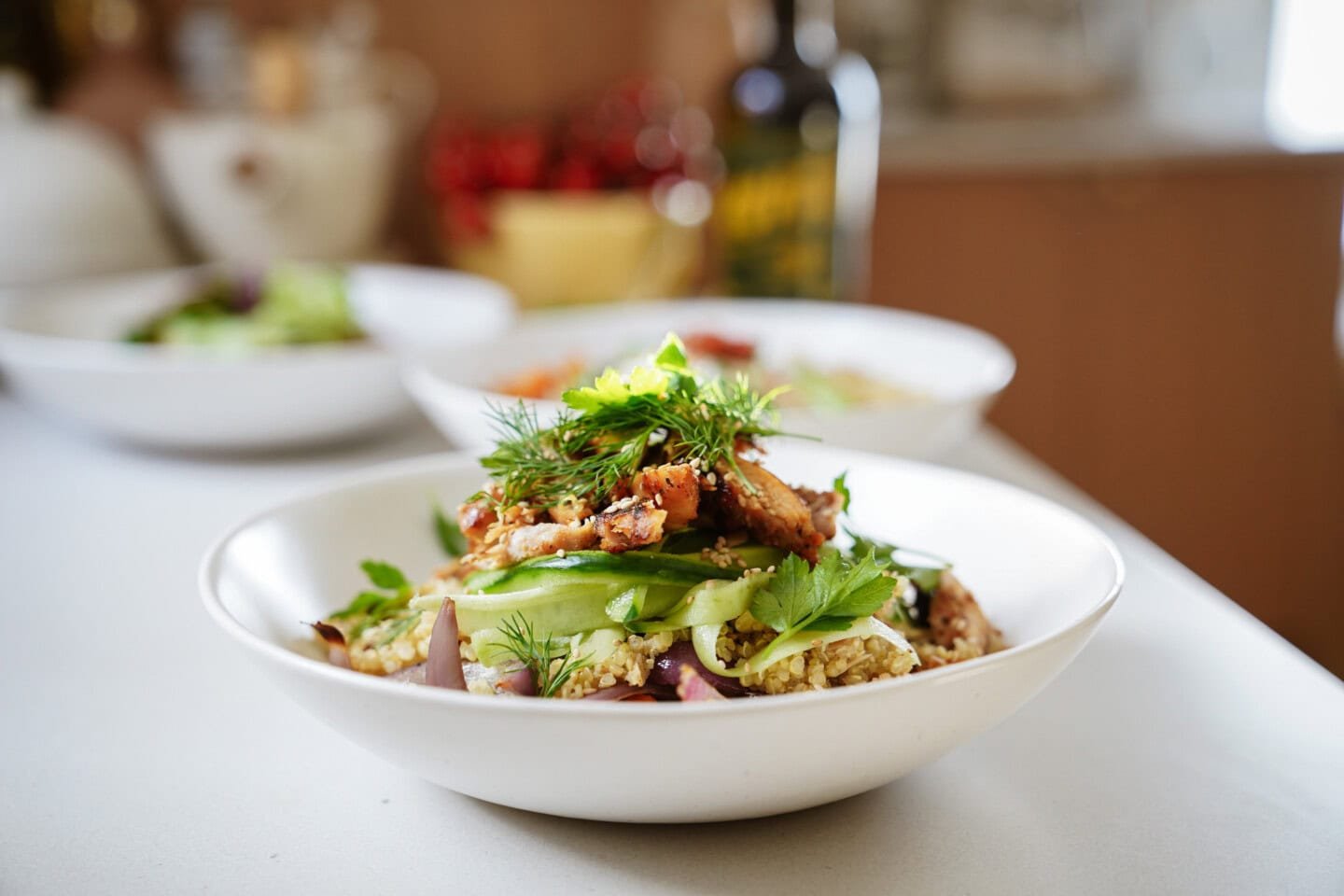Articles
Spice of Life: Greek Herbs & Spices That Promote Longevity
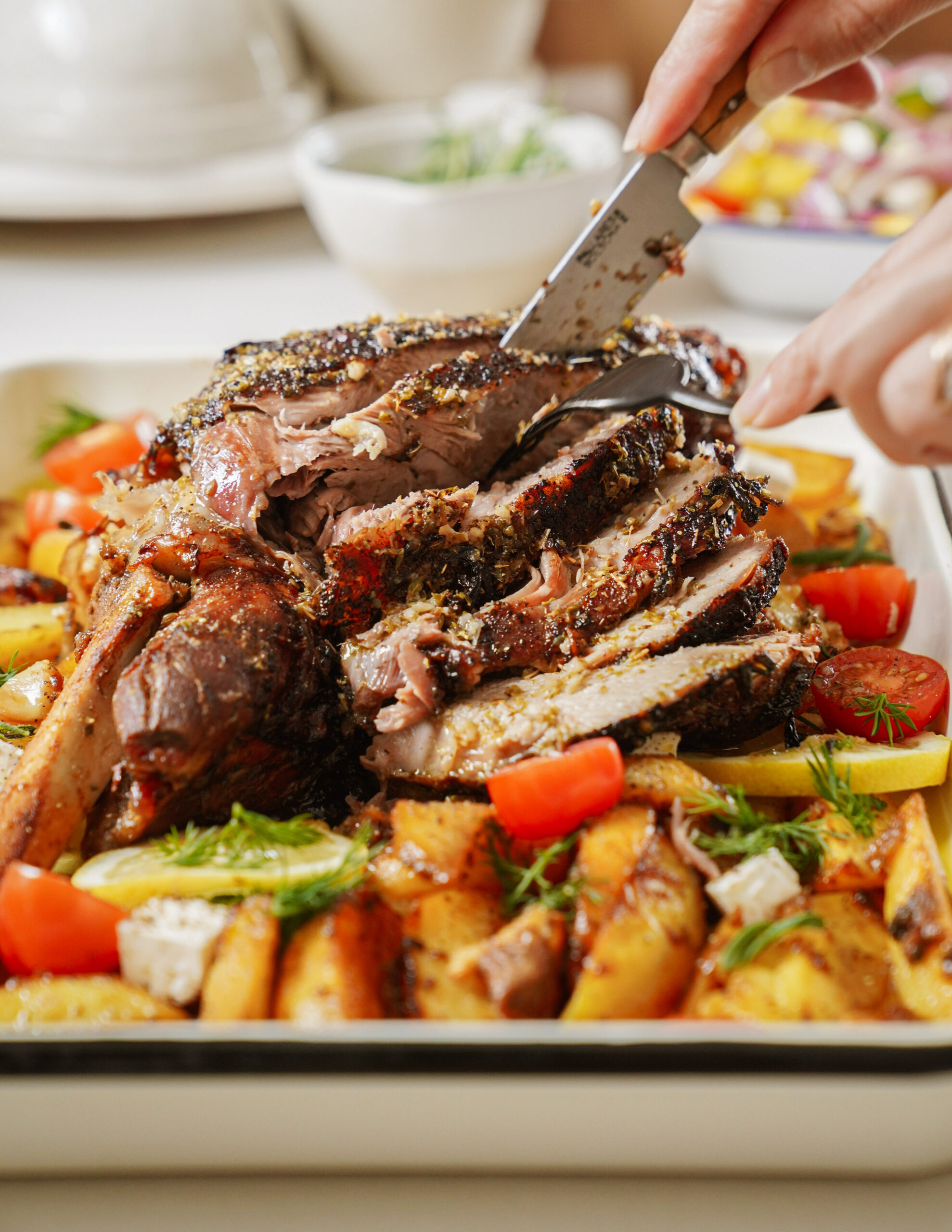
Greek food goes much further than just being delicious, it is renowned for its benefits to your health that promote longevity. The not-so-secret secret is that it is a cuisine that relies on fresh, whole ingredients, commonly known as the Mediterranean Diet. Things like seafood, fresh veggies and legumes are staples in this diet, but what really makes it come to life is the herbs and spices that are fundamental to each dish. Greek herbs and spices act as flavor enhancers, to make the simplest, whole ingredients, taste the best they can.
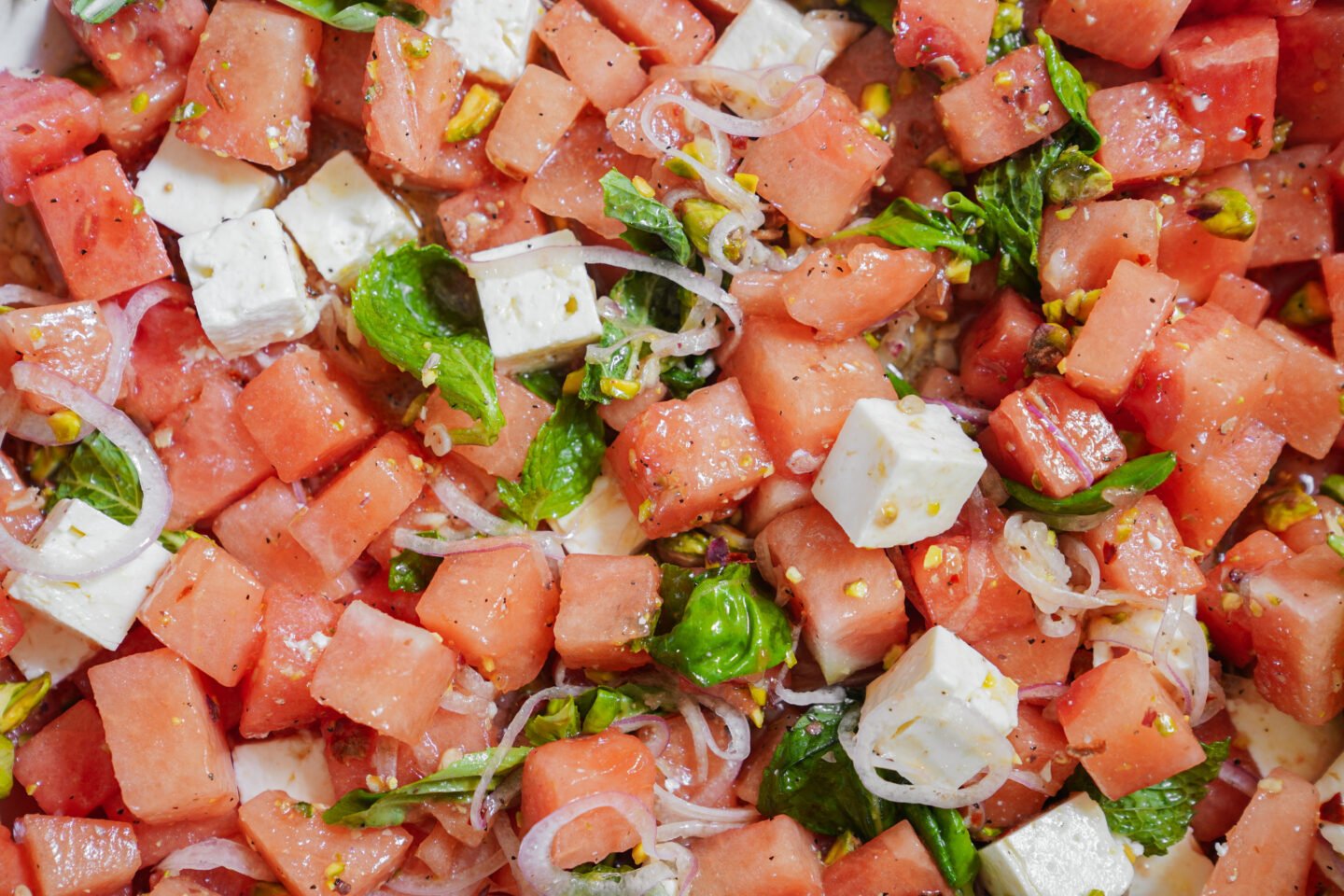
The Science Behind the Longevity
The Diet
It’s no surprise that people in the Mediterranean populations live longer, and it’s not a matter of just being lucky, its rooted in the diet and lifestyle of the people who live in these countries. The Mediterranean Diet is not your typical crash diet. It is more a holistic approach to eating a diet that emphasizes fresh, minimally processed, whole foods, and it follows a few simple guidelines:
- Plant Forward: Fruits, veggies, whole grains, legumes, and nuts are prioritized in this diet
- Healthy Fats: A quality extra virgin olive oil is the primary source of fat which provides monounsaturated fatty acids and polyphenols
- Protein: Fish and poultry are consumed regularly but red meat is limited. Prioritizing, lean protein sources
- Herbs and Spices: Key herbs and spices are used to add flavor to dishes, and reduce the need for salt
- Lifestyle: Lifestyle also plays a key role in overall well-being, and incorporating physical activity and movement into their daily lives helps people on this diet maintain a healthy heart and body
Many studies have linked the Mediterranean Diet to a reduced risk of chronic diseases (heart disease, type 2 diabetes, etc.), and has been linked to an increased life expectancy and improved quality of life in older populations.
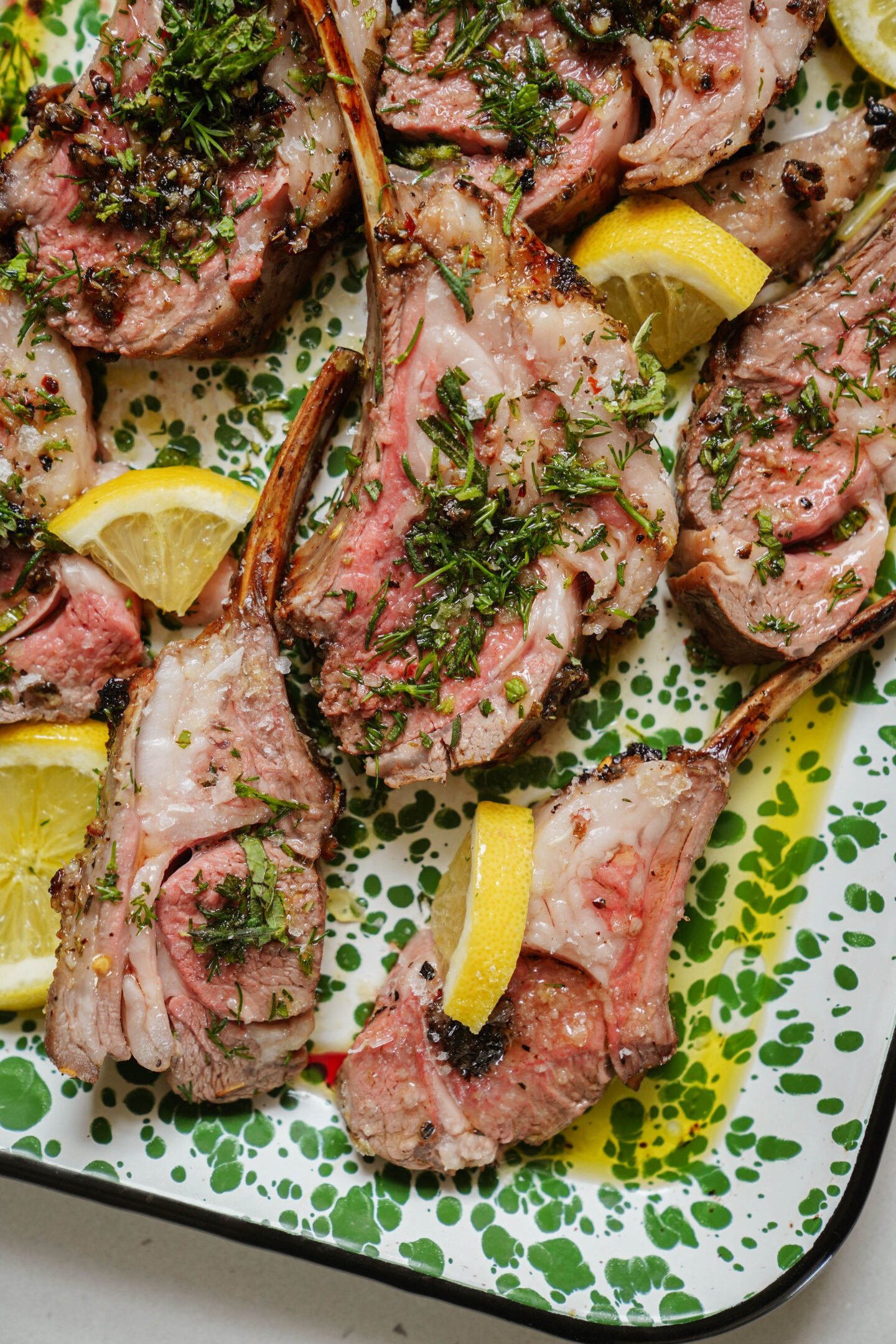
Key Compounds & Their Benefits
The secret to the longevity-promoting effects of the Mediterranean Diet, and especially its herbs and spices, lies in their rich content of bioactive compounds:
- Antioxidants: These help combat oxidative stress which is a process in the body where unstable molecules called free radicals can damage your cells, contributing to aging and disease. Greek herbs and spices are packed with antioxidants that help neutralize these harmful free radicals, protecting your cells and supporting cellular health.
- Anti-Inflammatory Properties: Chronic inflammation contributes to a wide variety of age-related diseases, and many Greek herbs and spices contain compounds that possess anti-inflammatory effects.
- Other Benefits: Beyond the above, natural flavorings can contain other beneficial plant chemicals, vitamins and minerals. These compounds work together to provide comprehensive support to the body’s system, contributing to resilience and healthy aging.
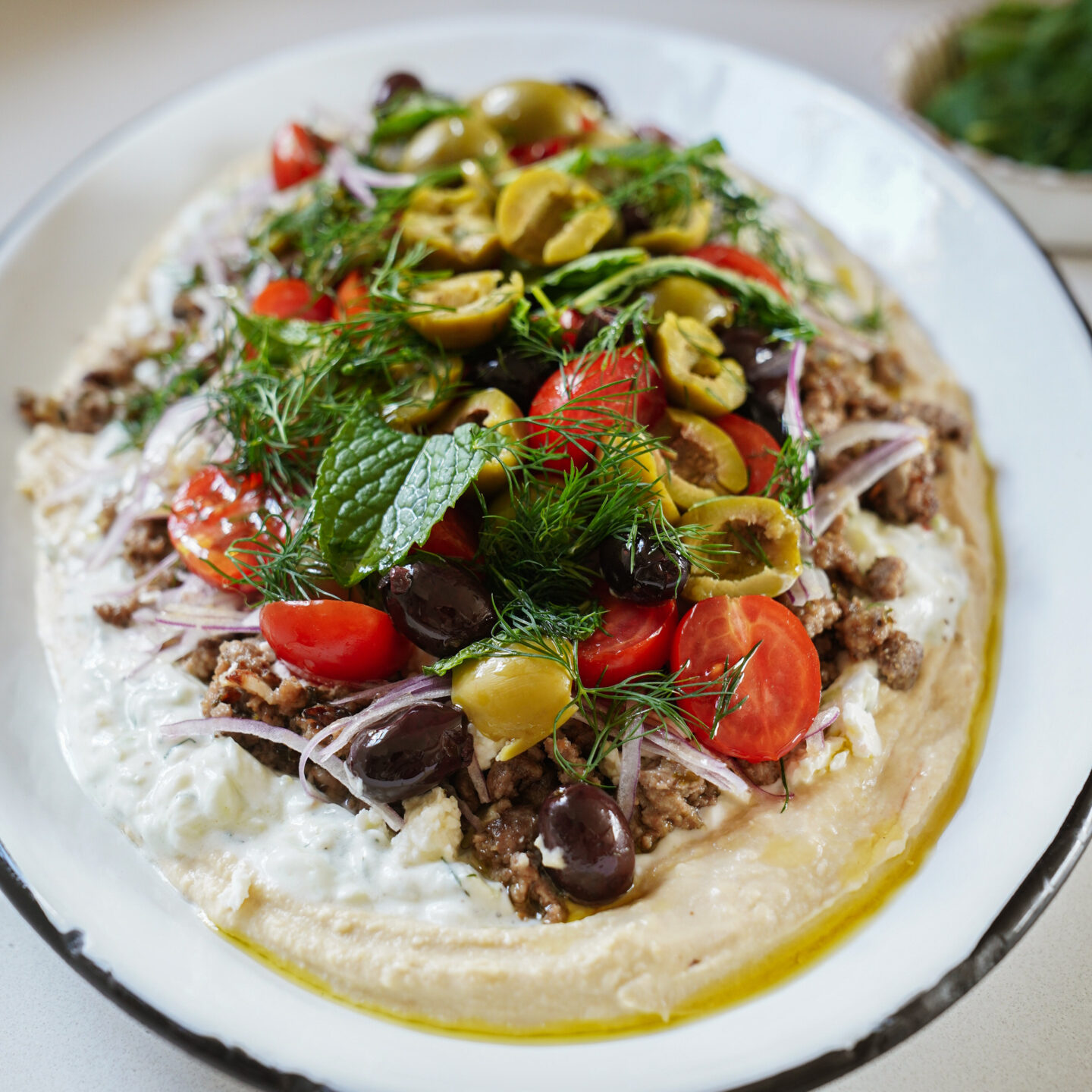
Spotlight on Key Greek Herbs & Spices for Longevity
So lets dive into some of the most prominent Greek spices and herbs that pack flavor and health benefits into your favorite dishes:
Oregano
This is the most common of the herbs you’ll find in Greek cuisine, and its famous for its earthy, peppery, and pungent flavor. Oregano is a powerhouse of antioxidants, and potent anti-inflammatory and antimicrobial properties that help with supporting your immunity and digestive health. You’ll find this herb sprinkled on Greek salads, grilled meats, roasted potatoes, fish, and all tomato-based sauces or stews.
Here are some recipes that use this powerful spice:
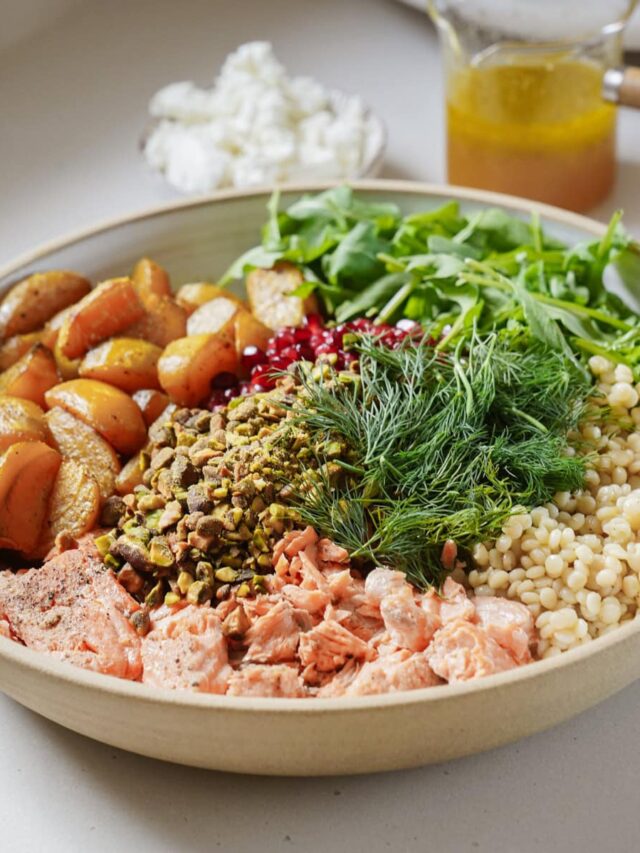
Thyme
Thyme has a delicate, earthy, and floral flavor. It is rich in thymol, an essential oil that has powerful antiseptic and antioxidant properties. It also is renowned for its respiratory benefits that can help alleviate coughs or even bronchitis. Thyme is popular on fish, poultry, and vegetables in Greek cuisine. You can find it used in slow-cooked dishes, soups, and used as a garnish. Here are some recipes for inspo:
Rosemary
Rosemary has a woody, strong, piney flavor and it is celebrated for its cognitive enhancement properties. It can help improve memory and protect the brain from oxidative damage. It also can help support circulation and digestion. Rosemary is commonly paired with roasted meats, potatoes, and in bread. You can add fresh sprigs to any dishes you’re throwing in the oven like roasted veggies, or even infused olive oil with it. Here are some recipes that use this powerful herb:
Sage
Sage has an earthy, peppery flavor, and is very aromatic. It also is great for memory enhancement and brain health, and can be beneficial for
digestion and its antimicrobial effects that work great for sore throats! You’ll find sage used in herbal tea that’s great for colds or digestive issues, but its also used in many savory dishes like pork and poultry, or added in stews, or stuffing’s. Here are some recipes that use sage:
Saffron
This is the world’s most expensive spice! Saffron is dried stigmas of the saffron crocus. It is subtly sweet, floral, and adds a vibrant color to a dish. Saffron is also a powerful antioxidant and anti-inflammatory. It is also recognized as a natural mood enhancer. Use saffron sparingly in rice dishes like risottos, soups, and some traditional sweets.
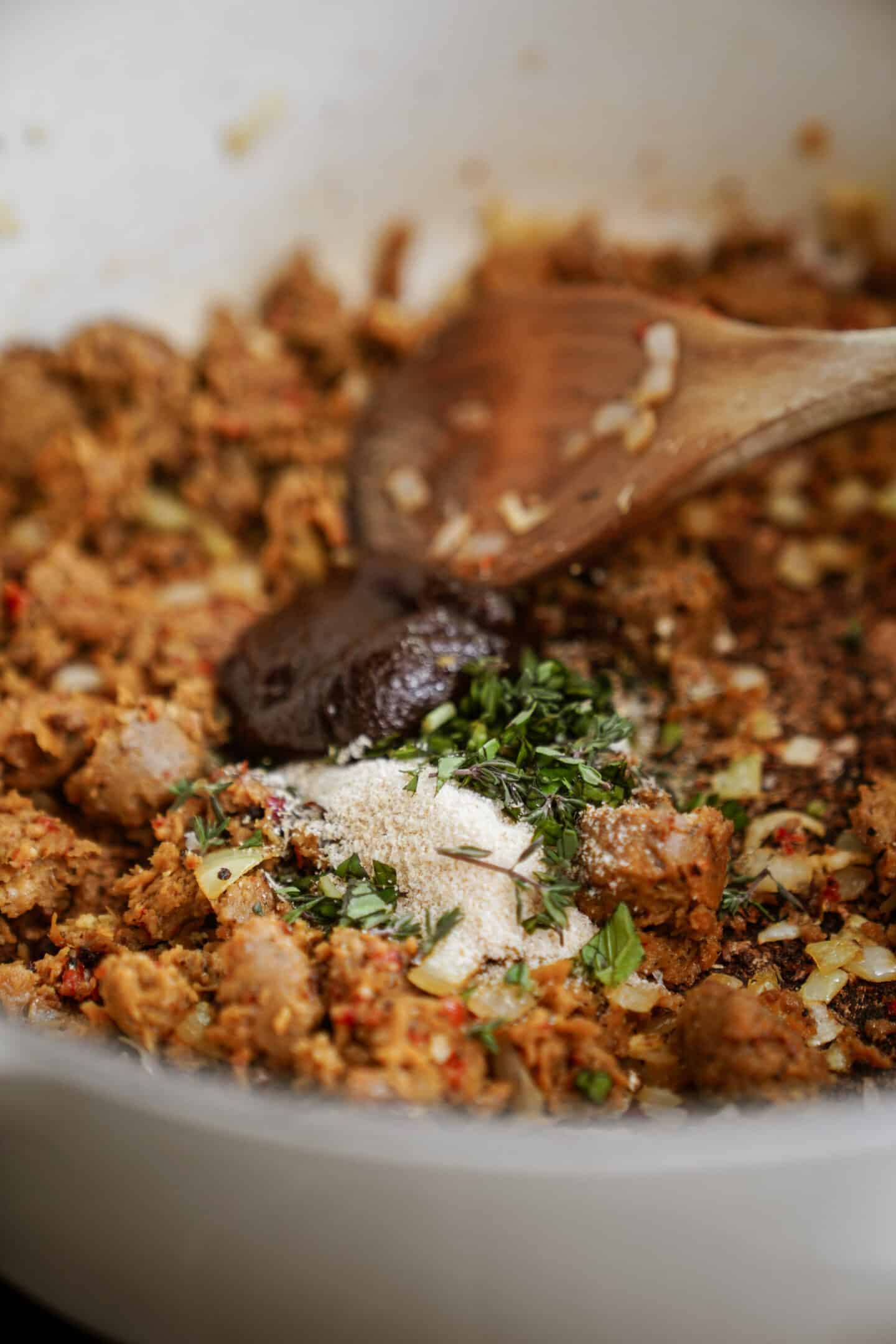
Bay Leaf
Bay leaves have a bitter, woody, and aromatic flavor that develops when slowly cooked. It’s often added into soups or sauces that slowly cook to really get the flavors out of it. Bay leaves are a great digestive aid and is also known for its anti-inflammatory properties. HHere are some recipes you can use bay leaves in:
Dill
Dill has a fresh, grassy flavor with a little sweetness. It is rich in vitamins A and C, and essential minerals. Dill is great for digestion and is used in things like salads like potato salad, and tzatziki, as well as paired with fish, seafood, and certain veggie dishes. Here are some yummy recipes that use dill:
Mint
Greek mint is very aromatic, it’s refreshing, cool, sweet, and is good in both savory and sweet dishes or drinks. Mint is well known for its digestive relief, soothing stomach aches and nausea. It is used in salads, yogurt dishes, and to flavor dishes like meatballs or dolmades (stuffed grape leaves). Here are some recipes:

Incorporating Greek Herbs & Spices into Your Daily Life
Now that you know all about the different spices and herbs and their benefits, let’s talk about some of the easy ways you can incorporate them into your daily life.
First off, what are some of the ways you can make simple swaps and additions to your current diet and meals? Here are some ideas:
- Replace salt with herb blends
- Add to salads, eggs, and sandwiches
- Infuse olive oil with herbs
Next, what are some simple recipe ideas that help you incorporate more herbs and spices into your diet? Here are some of my favs:
- Black Eyed Peas Salad
- Vegan Potato Salad
- Greek Salad Recipe
- Mediterranean Quinoa Salad
- Herb Crusted Salmon
- Lemon Herbed Baked Zucchini
All in all, incorporating herbs and spices into your diet is so easy. You can add them to basically any recipe to add a pop of flavor and health benefits. Use fresh herbs, or dried, grow your own in a planter so you have easy access. Herbs offer so many benefits you’d be silly to not try and make this simple change in yourdiet to reap the rewards.

